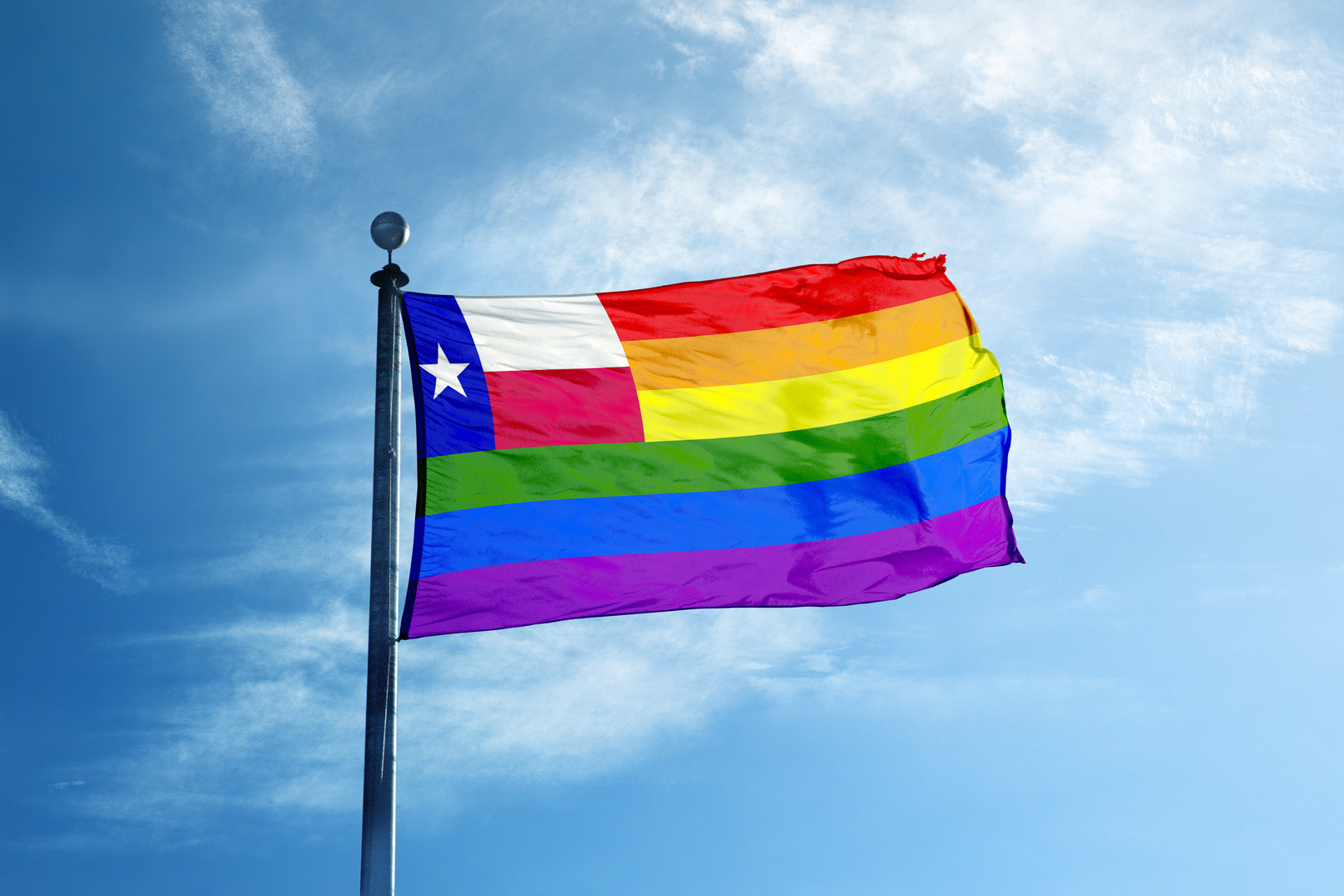California and the federal government have reached an agreement whereby the state will halt plans to implement its new net neutrality law on January 1, and the Department of Justice will withdraw its motions seeking to block implementation until the conclusion of ongoing litigation regarding state net neutrality rules.
In a suit recently filed in Los Angeles Superior Court, the eight plaintiffs represented in the class claim that Lime and Bird knowingly distributed scooters for personal, recreational use that wouldn't be able to withstand daily, commercial fleet usage.
Residents of New Hampshire currently can register to vote without presenting proof of living in the location where they are voting. The state legislature recently sought to change this rule, perhaps influenced by President Donald Trump’s unsubstantiated allegations of voter fraud in New Hampshire. However, a judge has issued a preliminary injunction…
The 11th Circuit Court of Appeals has ruled the annotations of the Official Code of Georgia Annotated (OCGA) are in the public domain and no copyright can be asserted over this work.
This new definition would remove federal recognition of approximately 1.4 million Americans who identify as transgender. It may also adversely affect intersex Americans.
Last week, broadband industry lobby groups sued Vermont to stop a state law that requires Internet Service Providers (ISPs) to follow net neutrality principles in order to qualify for government contracts. The lawsuit was filed in Vermont district court by CTIA, NCTA, USTelecom, and the ACA. These groups represent all of the biggest mobile and home ISPs in the US, including Comcast, AT&T, Verizon, T-Mobile US, Sprint, and CenturyLink.
The US Supreme Court last week agreed to hear a case in which two individuals sued a New York cable-TV public access channel for violating their First Amendment rights by banning them from the channel's services and facilities.In Manhattan Community Access Corp. v. Halleck, the two petitioners, Halleck and Melendez, argue that the Manhattan Neighborhood Network (MNN) unconstitutionally banned them from the public access channel, which they argue is a public forum subject to the First Amendment.
The ACLU in Michigan has filed a lawsuit on Rachel Peterson’s behalf against the supermarket company, Meijer, citing that Peterson was a victim of sex discrimination after her prescription was denied by a pharmacist at the Meijer store located in Poteskey. Rachel Peterson was prescribed Misoprostol by her doctor after suffering a miscarriage in July. She drove three hours to the Meijer store in Poteskey, but the pharmacist, Richard Kalkman, refused to provide her with the medication. Kalkman cited his Catholic beliefs as the reason behind his refusal; he thought that Peterson wanted to use the medication to terminate her pregnancy and did not accept Peterson's response that her doctor said the pregnancy was not viable. Peterson also stated that Kalkman neither let her speak with another pharmacist or a supervisor, nor did he allow her to transfer her prescription to another pharmacy. Peterson was on vacation at the time of the incident and drove back three hours to a pharmacy near her hometown to get the prescription filled.
On Saturday, October 6, 2018, U.S. Pastors Council and Texas Values filed multiple lawsuits in state and federal courts alleging that Christian businesses and churches may fire or not hire LGBTQ workers as a constitutional right. One of the filed lawsuits challenges the Civil Rights Act of 1964, which prohibits employers from discriminating against job candidates and workers on the basis of race, color, religion, sex, and national origin.The two other filed suits challenge part of an Austin, TX city ordinance that prohibits employers from discriminating against all the protected classes outlined in the Civil Rights Act of 1964 as well as sexual orientation and gender identity.
A lawsuit has been filed in Kansas federal court challenging a state policy prohibiting gender marker changes on birth certificates for transgender people. Along with Tennessee and Ohio, Kansas is one of only three states in the country with such a ban.










